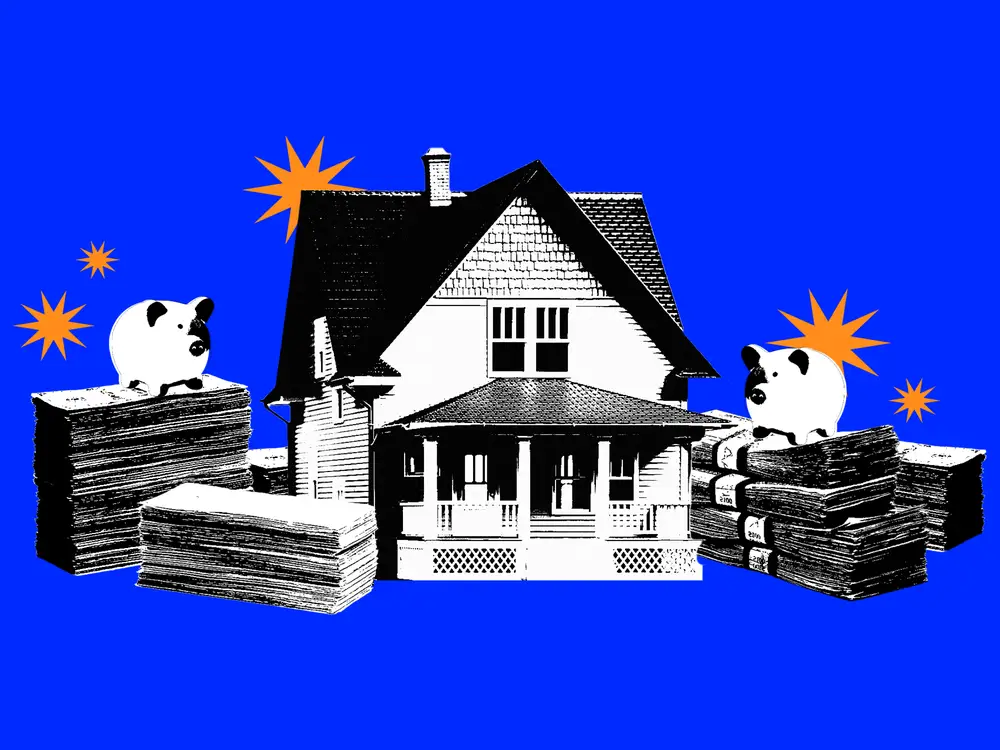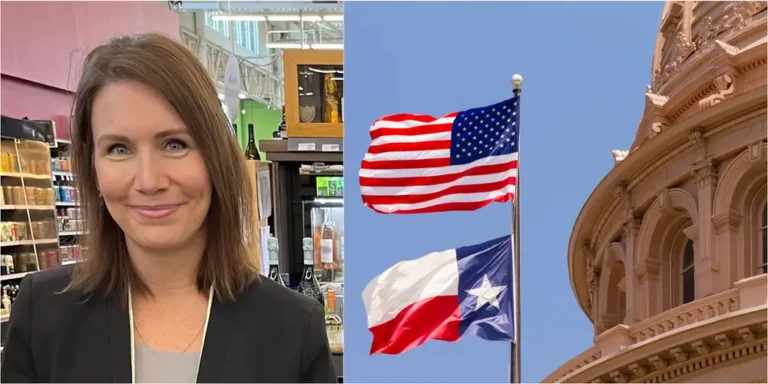Here’s how single women are successfully navigating an otherwise brutal market for first-time homebuyers

Single women are outperforming other cohorts as first-time home buyers in the US, with many successfully navigating a long-standing gender wage gap, high home prices, and elevated mortgage rates to lock down a purchase.
According to a recent report from the National Association of Realtors, single women made up 24% of first-time home purchases last year, while single men made up 11%.
The share of single women as a proportion of all first-time buyers has been on the rise, up over five percentage points in the last year, the data shows.
With smaller average incomes, many female homeowners say they never imagined owning a home on their own.
But real estate experts and homeowners tell B-17 that those dynamics could be exactly the reason women are more likely to pursue homeownership.
With societal and economic factors working against them, high-earning single women understand that building equity through owning a home will help set them up for longer-term financial stability in the absence of a second income stream from a partner or spouse.
“If we look at this by race, by age, by generation, we see the same trend. Women just outperform on homeownership. And this is something that we’ve seen consistently in the data since we started tracking it in 1981,” NAR’s chief economist Jessica Lautz told B-17. “This is something that’s been important for generations of women.”
To be sure, women still face outsize challenges when buying a home, but it’s a sacrifice they appear increasingly willing to make, Lautz said.
They are more likely to settle for a smaller space or wait until they are older to buy than single men, with a median age for first-time buyers of 38 compared to 33 for men, according to NAR data for 2023.
Single women are also more likely to move in with friends or family before purchasing to avoid paying rent, helping save up for longer. That was the case for Meghan, who told B-17 she moved in with her mom for a year after graduating from nursing school in 2018.
Things really started to fall into place, though, when she got a boost to her travel nurse salary as the COVID-19 pandemic drew huge demand for nurses around the country. This helped her save up for a down payment, she said.
The 30-year-old made the jump to homeownership in December 2022 with help from a state-funded program for first-time buyers that she used to buy a 575-square-foot condo in Boston.
After moving in, she struggled a bit to make her monthly $2,400 mortgage payment as she split her time between working and finishing her nurse practitioner’s degree, but it was a decision she felt confident in regardless.
“By the skin of my teeth, I made it through a really tough year. My savings were already depleted from buying the house in the first place,” she said, adding it got easier after her salary increased again with her new degree.
Like Meghan, many women have increasingly pursued higher education in recent years, another area where they’ve outpaced men.
That could be another driver of their higher homeownership rates, First American’s deputy chief economist Odeta Kushi said
“As these things—educational attainment, household income for women—continue to rise, it’s pretty reasonable to expect increased homeownership rate to follow suit. It’s increasingly pursuing homeownership, and reaping its wealth creation benefits for this group,” Kushi told B-17.
Female homebuyers are also more likely to prioritize stability, Lautz said, making the certainty of a 30-year mortgage especially attractive as rental prices shoot through the roof.
For Julia Donnelly, the switch from a rental in Boston to a home closer to her family in the suburbs last year was a no-brainer as she saw her savings diminish with each rental payment she owed.
“I’ve worked in the Boston area as well as New York and New Jersey, so obviously renting in those three cities means pretty high rental costs that continue to rise each year,” the 34-year-old told B-17. “I didn’t want to keep trading away all my money on rent.”
Part of the rise in single female homeownership, too, could be that Americans in general are holding out longer to get married, Kushi said.
“We have the nursery rhyme, ‘first comes love, then comes marriage.’ And I feel like for single women, first comes home ownership,” Kushi said.
For Donnelly, it didn’t make sense to put her financial goals on pause while waiting to find a partner.
“If I find the right person, I might be already set up to get life rolling. If not, I have a house,” Donnelly said. “It feels like a little more control rather than waiting for someone else to come along to make life decisions.”
Others, like Meghan, see their homes as a lasting investment as prices continue to climb, even if she may want to eventually upgrade to a larger home.
“I don’t think I’ll ever sell it. If anything, I’d just have someone move in, or I’d just keep it and rent it. I think owning property, especially in Boston, is invaluable,” she said.
For now, the women’s respective homes have proved to be everything they wanted, with the security of calling it their own, they said.
Plus, it’s helping them feel more independent and confident than ever before.
“There’s all these things where I’m like, ‘Oh man, I’m way more capable than I thought I was,'” said Megan O’Neil, a 36-year-old who bought a home in Memphis back in August.
That’s changed her outlook on dating, too, she said.
“I might be very intimidating to some guys, but I need a partner. I don’t need somebody to take care of me. I need a partner, because I can do this by myself, too,” she said.






